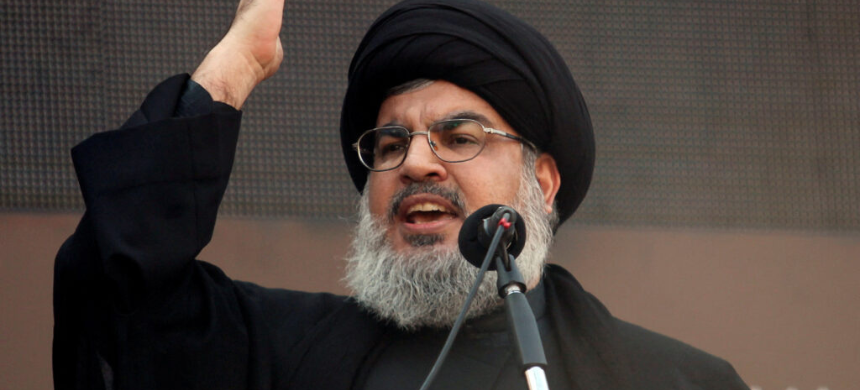The funeral for Hezbollah leader Hassan Nasrallah has been scheduled for February 23, as announced by the group’s current chief, Naim Qassem, during a televised address on Sunday.
This comes months after Nasrallah’s death in an Israeli airstrike on September 27, which marked a significant escalation in the conflict between Israel and the Iran-backed group.
Nasrallah, a key figure in Hezbollah’s rise, was killed in a massive strike on Beirut’s southern suburbs, a longtime stronghold of the organization.
Read More: Man fakes his death to check funeral attendees.
Qassem explained that security concerns at the height of the war, which ended on November 27, had delayed the funeral.
“Due to security conditions preventing a funeral during two months of intense fighting, we have now decided to hold a grand public ceremony on February 23,” he stated. A large procession is expected to honor Nasrallah’s legacy.
Alongside Nasrallah, Hezbollah will also hold a funeral for his designated successor, Hashem Safieddine, who was chosen to lead the group but was killed in an Israeli airstrike on October 3 before the official announcement of his leadership. Safieddine’s funeral will be held in his hometown, Deir Qanun, in southern Lebanon.
Nasrallah will be laid to rest on the outskirts of Beirut, between the old and new airport roads, while Safieddine’s burial will take place in Deir Qanun. Initially, Nasrallah’s body had been placed in a secret location due to concerns that Israel might target the funeral.
These ceremonies come amid continued tensions between Hezbollah and Israel. Following the ceasefire agreement on November 27, Israel has yet to meet the January 26 deadline for withdrawing from southern Lebanon, launching further strikes in the region. The Israeli army has until February 18 to complete its withdrawal, though there are no indications of full compliance, as Israel claims Lebanon has not upheld its part of the agreement.
Qassem called on the Lebanese government to take action against Israeli violations. “The Lebanese state is responsible for pressuring and preventing Israeli aggression through international channels,” he asserted.
As part of the ceasefire deal, Hezbollah had agreed to relocate its forces north of the Litani River, approximately 30 kilometers from the border, and dismantle military infrastructure in the south. Meanwhile, the Lebanese army was tasked with maintaining security in the region.











